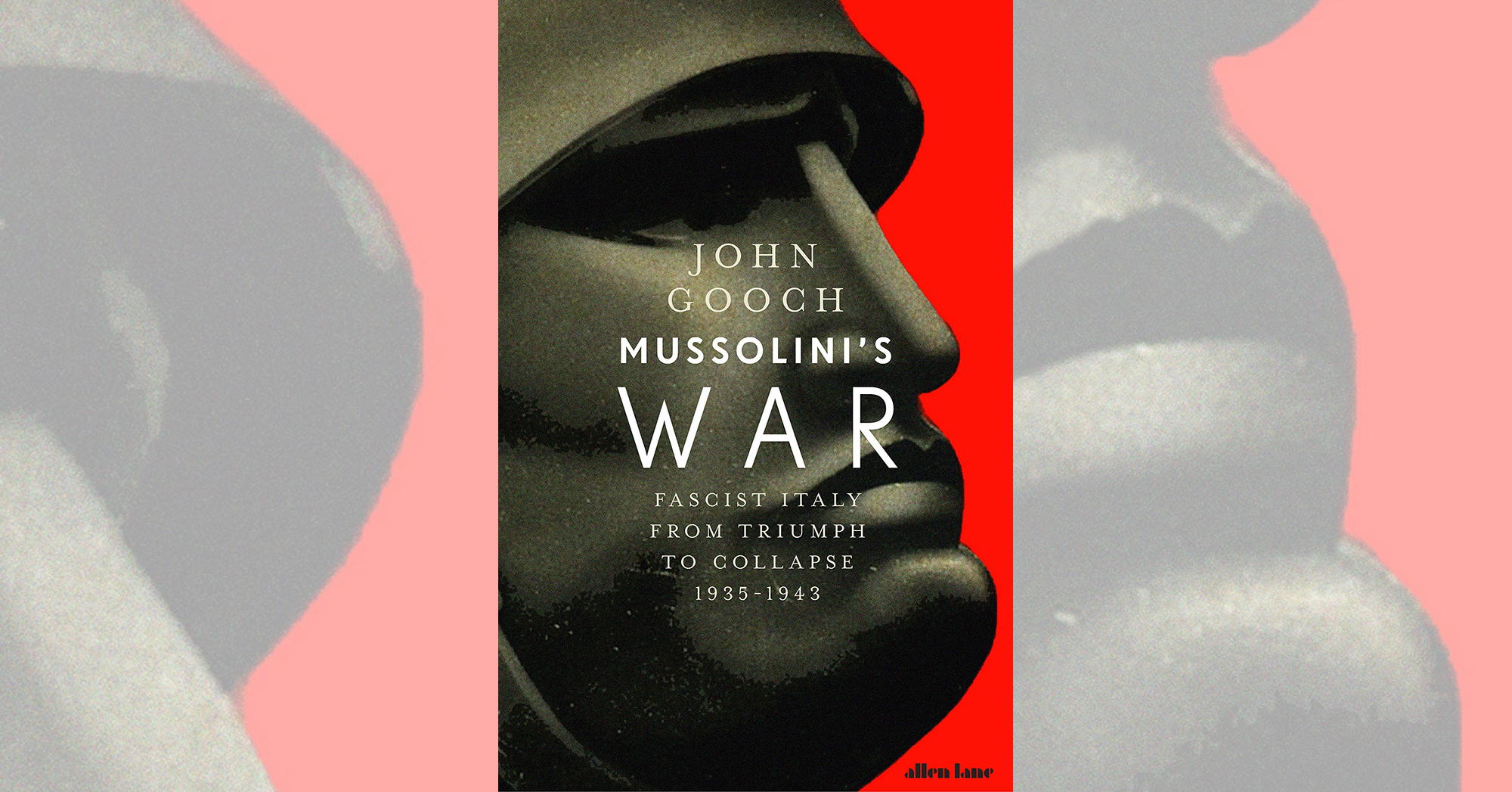Mussolini’s War: Fascist Italy From Triumph to Collapse, 1935–1943, by John Gooch, Pegasus Books, N.Y., 2020, $35
Most recent histories of relatively disadvantaged wartime combatants contain mildly revisionist tones, unearthing silver linings of competence or giving at least some praise. It doesn’t bode well for fascist Italy that early in his excellent history John Gooch notes, “Some of the best guns at the [Italian] army’s disposal were Skoda 75 mm and 100 mm howitzers captured from the Austrians”—in the previous world war.
Benito Mussolini’s hubris was encouraged by early successes against comparatively feeble opponents in Ethiopia and Spain. Another world war was not needed to strain Italian capabilities. By the time of its ill-advised entry into the war Italy was overly reliant on imports and utterly unprepared for such intensive conflict. Indeed, it had only a few months’ supply of vital war materiel, and the government had made no real efforts to optimize production. Anti-aircraft defenses were poor, harbor defenses bad (see the Taranto Raid). Militarily, very little was good.
Carlo Favagrossa, the Italian undersecretary of war production, estimated Italy would be able to fight a yearlong war—but not until 1949. Such advice failed to resonate in war councils. “One of Mussolini’s techniques when chairing these meetings,” Gooch writes, “was to address specific issues for which he had an answer and ignore those for which he did not.”
Mussolini instead chose to fritter away his units in as many theaters as possible. Gooch recounts Italian anti-partisan operations in Yugoslavia, noting their warm accord with the Chetniks. In a rare feat of logistical competence, Italian units in Russia were initially better equipped for winter than their German peers, thanks to recent encounters with the frigid mountain climate in Greece.
Even the Regia Marina, an Italian force of quality and consequence, was squandered through a lack of defense in port, catastrophic failure to coordinate with airpower and a continual shortage of oil. Merchant ships bound for North Africa often embarked with tanks a quarter to half full.
It’s impossible not to breathe a sigh of relief at Italy’s exit from the war in 1943. But Gooch reflects with bitter irony why Italian resistance to German occupation never materialized: Lacking oil to fight the Allies, they certainly hadn’t enough to contest the Nazis.
—Anthony Paletta
This post contains affiliate links. If you buy something through our site, we might earn a commission.





